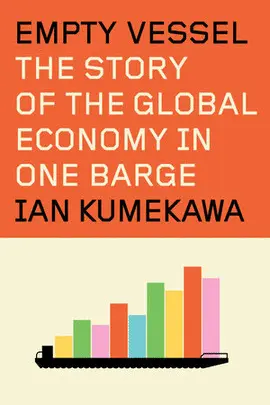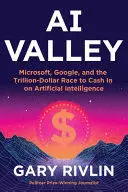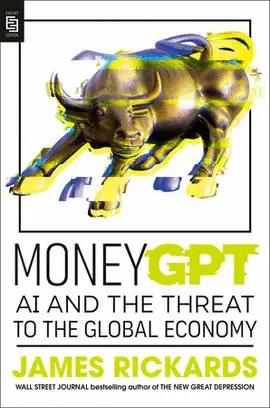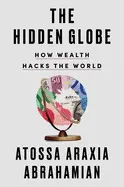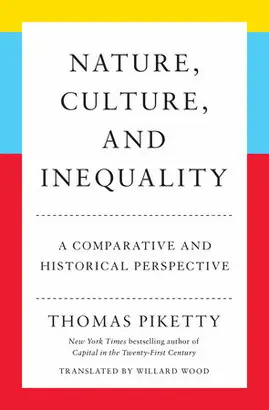
- Editorial:
- GRIFFIN
- ISBN:
- 978-1-250-78128-4
HOW MARKETS FAIL
HE RISE AND FALL OF FREE MARKET ECONOMICS
CASSIDY, JOHN
In How Markets Fail, veteran New Yorker staff writer John Cassidy offers a provocative take on the misguided economic thinking that produced the 2008 financial crisisnow with a new preface addressing how its lessons remain unheeded in the present.
A Pulitzer Prize Finalist
An Economist Book of the Year
A Businessweek Best Book of the Year
For fifty years, economists have been developing elegant theories or how markets facilitate innovation, create wealth, and allocate society's resources efficiently. But what about when they fail, when they lead us to stock market bubbles, glaring inequality, polluted rivers, and credit crunches?
In this updated and expanded edition of How Markets Fail, John Cassidy describes the rising influence of "utopian economies"the thinking that is blind to how real people act and that denies the many ways an unregulated free market can bring on disaster. Combining on-the-ground reporting and clear explanations of economic theories Cassidy warns that in today's economic crisis, following old orthodoxies isn't just misguidedit's downright dangerous.


